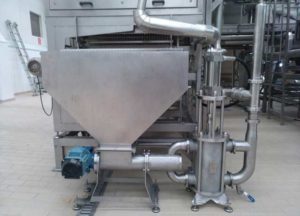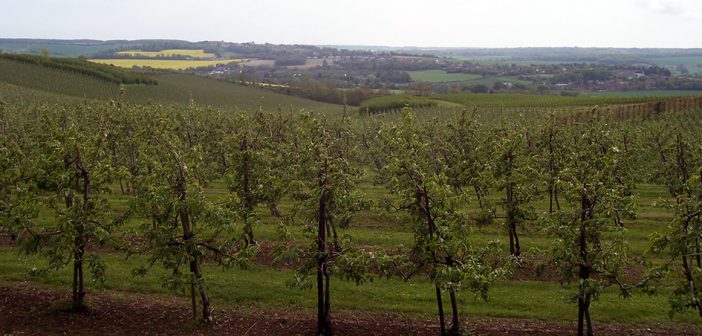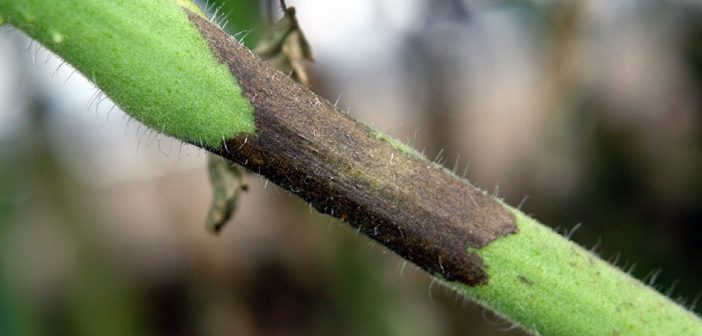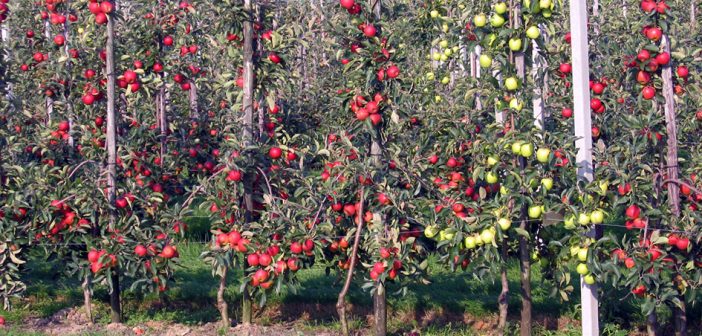Pumps are an essential part of many food processing lines: not just for liquids, but also viscous materials such as spreads and dips, and materials containing solids such as fruit and vegetable mixes. Using the wrong pump can have expensive consequences in terms of both potential damage to products or equipment, or higher than expected energy costs. That’s why HRS offers a full range of hygienic positive-displacement pumps for a wide range of products and uses.
All HRS reciprocating positive-displacement pumps feature a hygienic design incorporating a separator to ensure that there is no contact between the product and the hydraulic oil. Once the pump is in operation, no part which comes into contact with oil comes into contact with the product.
Following the success of the standard BP Series in a range of applications worldwide, HRS Heat Exchangers have developed three other variants for use in a range of specific situations.
A positive solution
The standard BP Series has an adjustable flow rate of between a minimum of 200 litres/hour and a maximum of 12,000 litres/hour, and features a high pressure drop of up to 30 bar. It is suitable for a wide range of high viscosity, shear sensitive and large particle-containing fluids. Clap valves allow pumping of whole fruits or vegetables, and an alternative piston pump with a pneumatic cylinder can be supplied for low pressure applications of less than 5 bar.
Multiple production lines, one pump
The BPM Series is a mobile version of the standard BP Series pump. This is mounted on a mobile skid unit for easy movement, allowing it to be used across multiple production lines and locations, something which is increasingly popular with food manufacturers producing short runs of specialist products. With the BPM Series, companies can enjoy the benefits of a BP Series pump across multiple production lines without the need to invest in a dedicated pump for each line, resulting in considerable capital savings.
Viscosity no problem
The second addition to the range is the BPSC Series. This has been specifically designed for highly viscous products, such as hummus, and especially those which are produced and packed at low temperatures. When dealing with highly viscous materials, particularly at low temperatures, the product’s thickness can make it hard to prime the pump when starting production. The new BPSC uses a gravity-fed hopper together with a screw conveyor to overcome this and initially push product into the body of the pump. Once the cavity on the suction side has been filled, the pump is primed and will then operate as normal with a constant stream of product.
Putting the pieces in place
The final addition to the HRS range of positive-displacement pumps is the BPH Series, a horizontal version of the BP pump with a vertical inlet. This has been specifically designed for products with larger sized pieces, such as fruit mixtures and coleslaw. To prevent damage to large particles, an automatic ball valve is used instead of the standard clap valve and there is also the option of a feed hopper.

With the addition of the BPM, BPSC and BPH Series of pumps, HRS Heat Exchangers are now able to offer an increased range of pumping solutions for a variety of uses in the food sector. The post Versatile pump range offers solutions for food industry appeared first on HRS Heat Exchangers





